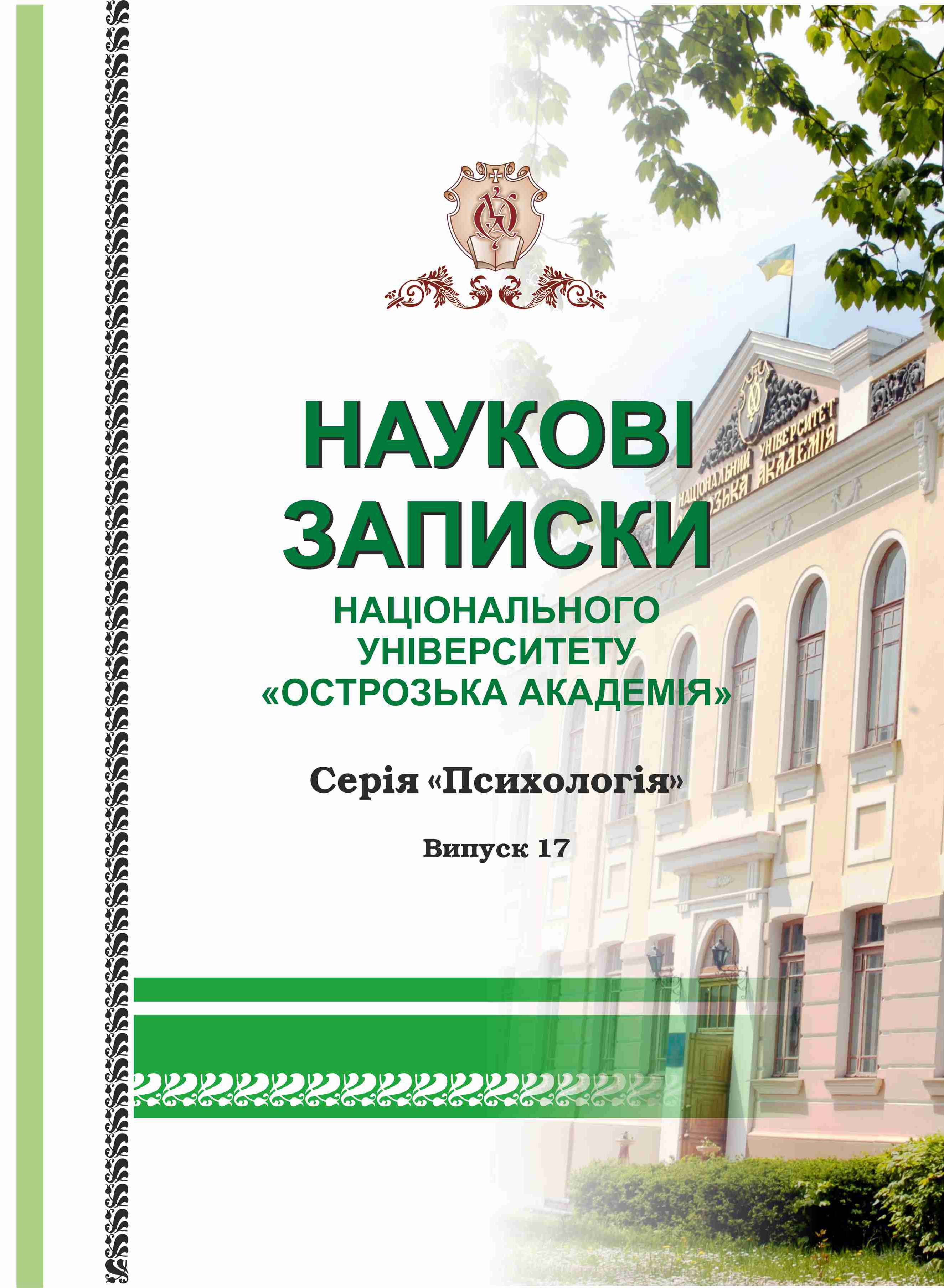MAIN ASPECTS OF PSYCHOLOGICAL CHARACTERISTICS OF EMOTIONAL BURNOUT OF MILITARY SERVANTS IN THE CONDITIONS OF LONG-TERM ARMED CONFLICTS
Keywords:
emotional burnout, military servants, professional activity, rehabilitation, self-control, life goalsAbstract
The paper describes the main psychological characteristics of emotional burnout of servicemen in the conditions of long-term armed conflicts according to cognitive, behavioural and emotional-volitional components. The results of the empirical study continue to expand the study of the psychological characteristics of military servants with emotional burnout.
The main tools we used in the research were the methods of J. Rotter, G. Rezapkina, R. Bramson, V. Buzina and E. Vanderlik (cognitive component), A. Maklakov and S. Chermianyk, O. Shmeliov, L. Wasserman and N. Humeniuk, J. Crumbaugh, R. Lazarus, G. Eysenck, MMPI questionnaire (behavioural component), as well as questionnaires of V. Boiko, A. Zverkov and E. Eidman, V. Zunge, L. Wasserman, Ch. Spielberger (emotional-volitional component), aimed at identifying factors for preventing and overcoming emotional burnout. The results of the study showed that, at the trend level, the lowest level of emotional-volitional and the average level of cognitive components are the most characteristic for military servants, which indicates emotional disorders, neuroticism, the presence of anxiety, depression and prompts to consider the importance of correcting the components of emotional disorder.
The results of the analysis can play an important role in the process of understanding the features of the cognitive, behavioural and emotional-volitional components of the emotional burnout of military servants in the conditions of long-term armed conflicts. A promising direction of emotional burnout research is the study of individual and gender characteristics of overcoming emotional disorders, elucidating the impact of emotional burnout on other spheres of military servants’ lives.


